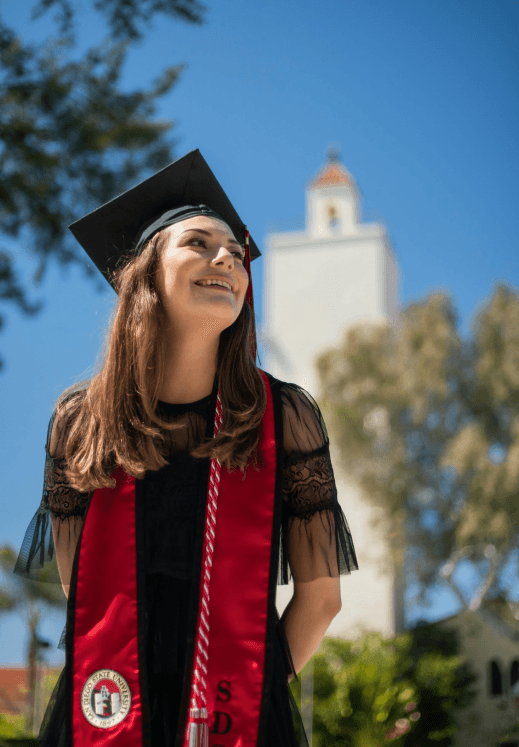A1 and A3
To legally operate drones in the European Union, it is necessary to obtain the relevant remote pilot license. A1 and A3 category permits are the basic open category licenses required even for hobby use if the drone weighs over 250 g. These licenses allow flying at a safe distance from people and residential areas. The A2 license allows flying closer to people and residential areas, making it relevant for those conducting more complex or commercial flights. DTS helps prepare for these exams: we explain the regulations, flight rules, technical requirements, and assist with all registration steps.
To legally operate drones in the European Union, it is necessary to obtain the relevant remote pilot license. A1 and A3 category permits are the basic open category licenses required even for hobby use if the drone weighs over 250 g. These licenses allow flying at a safe distance from people and residential areas. The A2 license allows flying closer to people and residential areas, making it relevant for those conducting more complex or commercial flights. DTS helps prepare for these exams: we explain the regulations, flight rules, technical requirements, and assist with all registration steps.
A2 and STS
For those aiming to conduct flights in the special category – beyond visual line of sight (BVLOS), in controlled areas, or according to standard scenarios – STS qualification is required. DTS instructors provide advanced level training and consulting to ensure operators understand risk assessment, mission planning, and all documentation requirements. Whether you are learning for your first license or preparing for professional activity – DTS ensures clarity not only on what to learn but also on how to pass.
For those aiming to conduct flights in the special category – beyond visual line of sight (BVLOS), in controlled areas, or according to standard scenarios – STS qualification is required. DTS instructors provide advanced level training and consulting to ensure operators understand risk assessment, mission planning, and all documentation requirements. Whether you are learning for your first license or preparing for professional activity – DTS ensures clarity not only on what to learn but also on how to pass.
A great gift idea for those who are fascinated by technology, have a sense of adventure, or want to try something completely new.
A great gift idea for those who are fascinated by technology, have a sense of adventure, or want to try something completely new.















Frequently asked questions
Do you have more questions? Contact info@dts.lt
What is the duration of the courses?
The courses consist of three parts: theory or drone anatomy - 12 hours, drone assembly - 18 hours, practical flying - 32 hours. Total: 62 academic hours. The courses can also be taken as separate modules.
What certificates do you receive after completing the courses?
What is the anatomy of an FPV drone?
How is the drone collection course going?
What happens during practical flights?
What will you learn during the course?
Can you choose the modules separately?
Can you choose only practical flying courses?
Do you need to have your own drone for the courses?
How do DTS courses differ from other drone school courses?
What discounts do you offer and to whom?
What is the duration of the courses?
The courses consist of three parts: theory or drone anatomy - 12 hours, drone assembly - 18 hours, practical flying - 32 hours. Total: 62 academic hours. The courses can also be taken as separate modules.
What certificates do you receive after completing the courses?
What is the anatomy of an FPV drone?
How is the drone collection course going?
What happens during practical flights?
What will you learn during the course?
Can you choose the modules separately?
Can you choose only practical flying courses?
Do you need to have your own drone for the courses?
How do DTS courses differ from other drone school courses?
What discounts do you offer and to whom?
What is the duration of the courses?
The courses consist of three parts: theory or drone anatomy - 12 hours, drone assembly - 18 hours, practical flying - 32 hours. Total: 62 academic hours. The courses can also be taken as separate modules.

